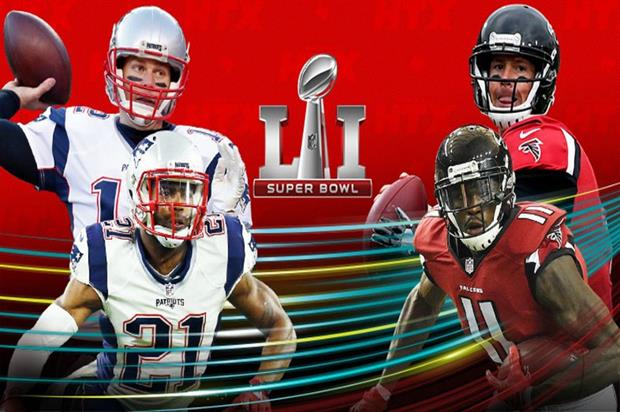
The Super Bowl is more than a sports event. It’s the barometer used to measure the confidence of the American marketing industry.
The price of advertising around the event is a story that’s written every year for the last four or five decades. This year is no different. Sunday’s final in Houston will be viewed by 115 million people in the US alone, and the networks are reportedly charging in the region of $5.5million for a 30-second spot.
But the focus on above the line activation overshadows the Super Bowl’s impact on the experiential sector, where it is every bit as influential: What happens in Houston this week will be noted down, copied and then reproduced at an experiential pitch meeting near you in the coming year as the NFL’s official partners seek to drive one-to-one engagement to go with the mass awareness created by their sponsorship badging and advertising spend.
With match tickets costing upwards of $4,000 a piece, visitors to Texas will expect the show to go on all week. This means the NFL, the rights owner of the Super Bowl, has a big job just to protect their partners from ambush marketing, which is rife across the host city, mainly in the shape of live music events and branded parties.
Super Bowl Live
Super Bowl Live, presented by Verizon and run by the host committee in Houston, is a free, nine-day family-focused fan festival in downtown Houston. With Verizon as the presenting partner the experiences will be geared heavily towards technology and innovation – Future Flight is the main attraction here, where through virtual reality, fans are taken on a space flight to Mars and back.
NFL Experience
A further event will be the Driven by Genesis, pro football’s interactive theme park. This is a ticketed experience to be held in Houston showcasing interactive games and football clinics. There will also be an official merchandise store sponsored by Visa which, if the fan parks around Wembley Stadium Connected by EE when the NFL are in town are anything to go by, will likely attract the longest queues.
These and many other brand activations are more central to the content than is often the case in Europe, which is part of the commercial legacy of the Super Bowl.
The rights holder-sponsor relationship is deeper than in other sports because that’s how it has always been. The sport grew up in the ad breaks of network television. Brands played a role in designing the sport and the event, rather than being viewed as an additional afterthought. This is where the corporate hospitality industry began, just one of many marketing innovations propelled by the Super Bowl.
So on to Houston. Where I don’t expect problems.
Lucy Basden Smith is business director of HSE Cake.
More: , plus
Comment below to let us know what you think.
For your daily hit of news from the brand experience community, weekly brand and inspiration updates or your monthly trend download, .
Follow

